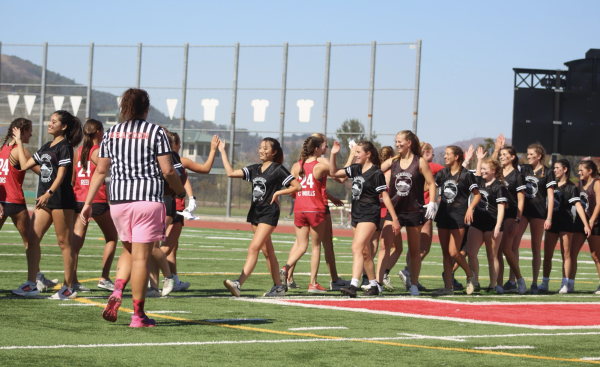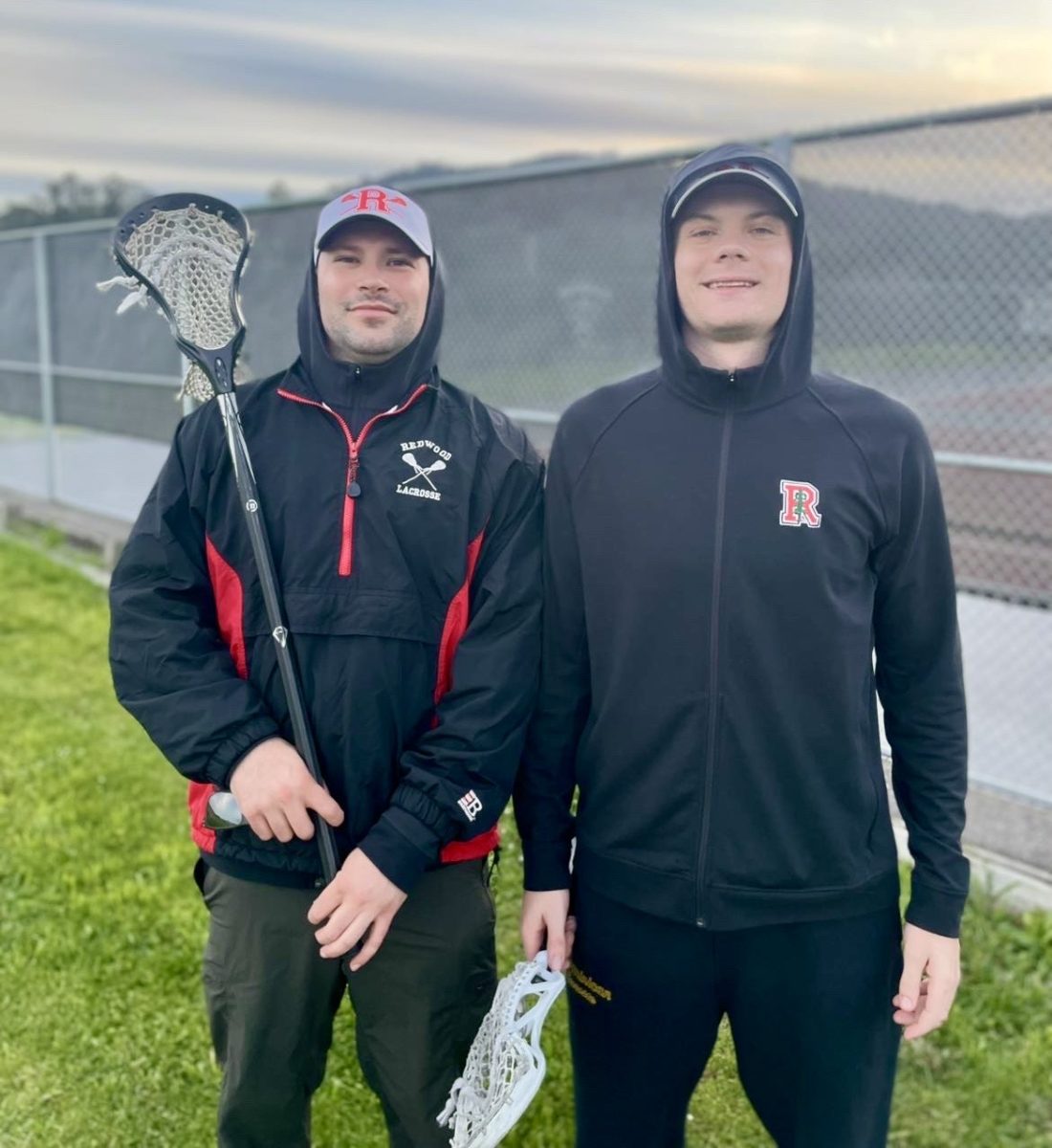Pass, set, hit. Those are the three words I find myself continuously chanting to the 8th-grade girls’ volleyball team I coach. One pass, one set and one strong hit to get the volleyball over the net. However, if the usual setter is absent, the sets will be subpar. If one girl refuses to speak to another, the ball will not be passed to her, even if she is in an advantageous position to hit. And if one player is focused on what her teammates might be saying about her, she will not concentrate on her serve. Pass, set, hit is a simple procedure but requires everyone on the team to be fully focused. This same principle applies to any team sport. One teammate’s negative energy can plague an entire team with distraction, distrust and animosity. Negativity on a team can be the defining factor between success and failure. Therefore, when choosing teams, coaches need to consider not only players’ skills but also their team compatibility, sportsmanship and attitude.
Teamwork matters more than ever as sports recover from prolonged disruptions during the pandemic. At the end of the University of Alabama football’s 2020 championship season, head coach Nick Saban recognized his team’s ability to overcome the challenges of COVID-19 in an article by Saturday Down South, an organization that covers Southeastern Conference college football.
“This team had tremendous togetherness; they overcame tremendous adversity. I told them early on, ‘Whoever handles the disruptions of COVID is going to come out on top in the end.’ And I couldn’t have been more proud of the way this team did everything they needed to do,” Saban said.
How well a team responds to adversity comes directly from a team’s ability to work together. If teammates lack basic respect for one another, they will be unable to overcome the various difficulties that playing sports presents, from competing against a cutthroat team to uplifting one another after tough games. However, just one “bad apple,” or negative person on a team can create this toxic environment for everyone else playing. According to a study by researchers from St. Mary’s University on problematic and disruptive players, negative teammates can have a damaging impact on teams, building negative role modeling and lower team morale.
The October Bark survey found similar results: 85 percent of students thought it was important for teammates to get along. Many students value an environment where teammates avoid conflict and demonstrate kindness towards one another.
In an article by Football Today, Mark Odin, the defensive coordinator for Claremont McKenna College football, explained attitude can be a defining factor when recruiting players for his team.
“I will not recruit someone with a bad attitude because it projects negativity… When people have bad attitudes, it impedes growth and progress. Poor attitudes also typically stop creativity and/or set boundaries to what one can accomplish,” Odin said.
However, considering character while recruiting is a controversial subject. The main goal of any sport is to win games, not necessarily to get along. Nonetheless, team dynamics play a tremendous role in whether a team will succeed. A study done in the Journal of Sports Sciences by researchers from the University of Western Ontario, McMaster University and Wilfrid Laurier University assessed various club soccer and university basketball teams in order to compare cohesiveness to winning percentages. The study found that there was a positive relationship between teamwork and success as teams that were more united had higher winning percentages. In turn, teams may not perform well without every member in synchronization, making compatibility necessary for all teams.
To avoid the “bad apple” in sports, coaches must be on the lookout during tryouts for players displaying negative attitudes. When deciding between certain players for a team, coaches should always choose the player who is a better teammate, lifting their peers up instead of bringing them down. While skill is still essential, the ability to improve and grow as an entire team is far more valuable than one player who might lower the team’s positive energy.







